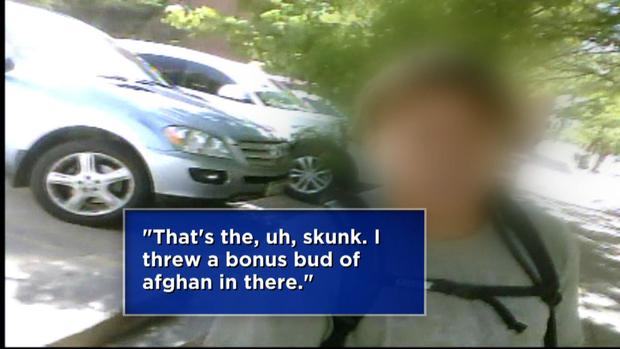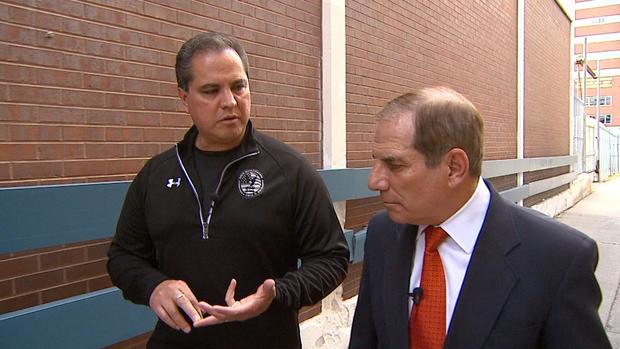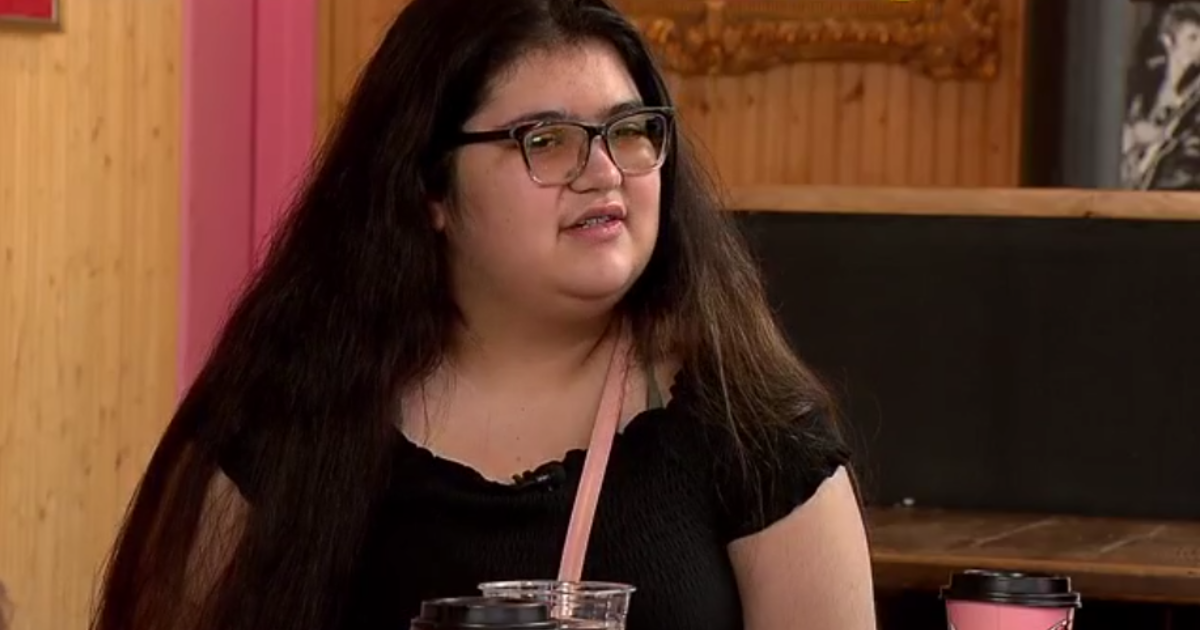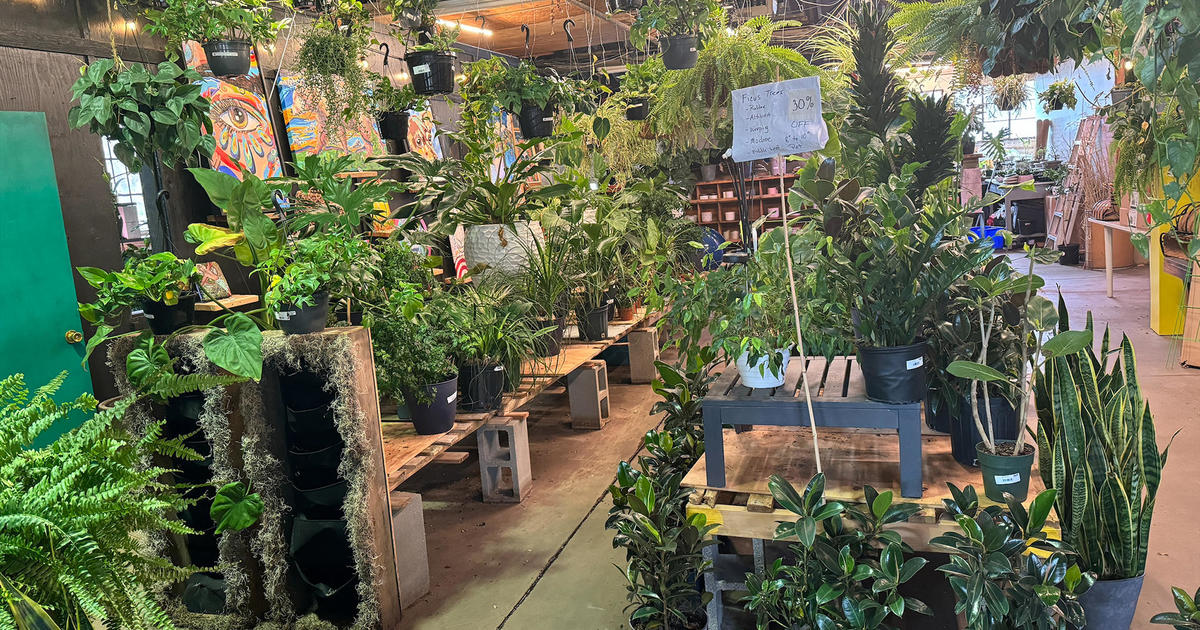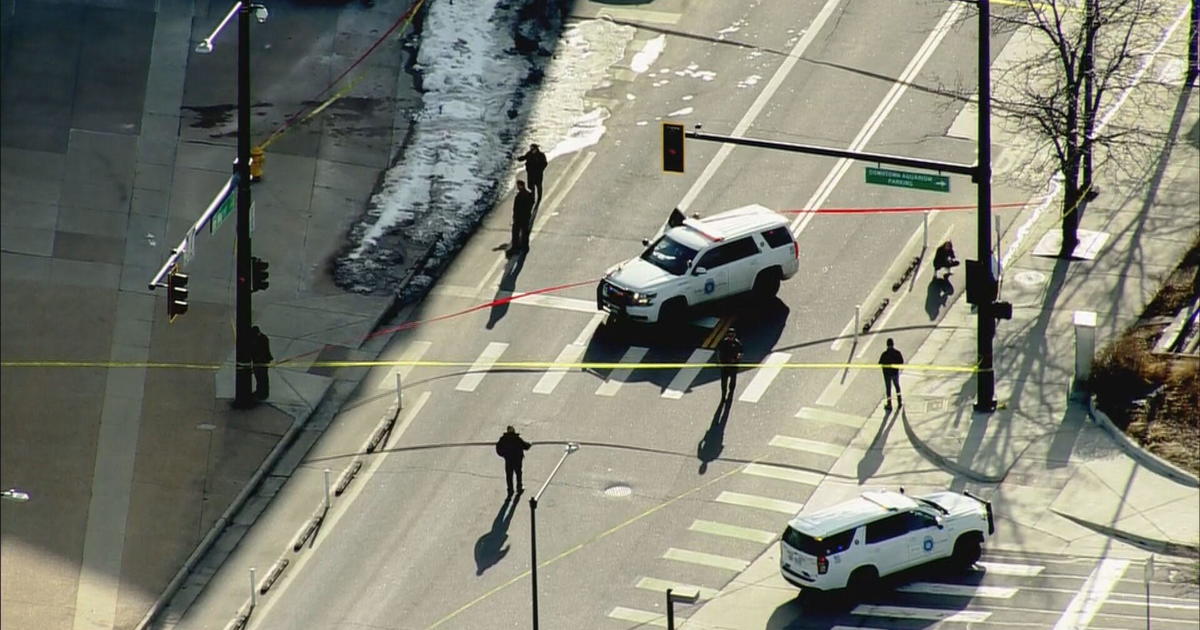Colorado Pot Black Market Still Alive
DENVER (CBS4) - Legalized marijuana dents the drug's black market.
That's one lure Amendment 64 supporters employed in 2012 to entice voters hesitant about legalized pot to cast a ballot for it: Grow it, sell it and tax it legally and there would be fewer instances of back-alley, street-corner deals.
It didn't take long for CBS4 Investigator Rick Sallinger to find the black market is still operating. A source provided some phone numbers and one quick call was all it took to set up a prospective deal. A CBS producer with a hidden camera met the dealer on the corner of 12th Avenue and Lincoln Street in Denver.
"What's that?" the producer asked.
"That's the skunk. I threw in a bonus bud of Afghan in there," the dealer replied.
The producer did not accept the marijuana or provide any money.
But drug investigators and Denver Police Department numbers disagree.
"The black market has exploded and continues to," Ernie Martinez, the president of the Colorado Drug Investigators Association and a Denver police lieutenant, told CBS4. "It's totally Pollyanna to think it's gone."
Martinez says there are several reasons. Customers, he believes, might prefer to buy from their long-time dealers, they trust them and they like the product. But the key reasons are money and supply.
"Bottom line: It's cheaper," he said. "And you can get more of it. Unlimited amounts, as long as you have the money."
Martinez says narcotics officers across the state see that financial undercutting daily.
Drug seizures have increased in the last several months, Martinez says. Distributors continue to haul the drug from Mexico along Interstate 25 and up through southwestern border states and into Colorado on Interstate 70.
"It's very naïve and, in a lot of instances, it's very disingenuous to think the cartel or the black market has gone away or been eliminated," Martinez says.
But a street dealer disagrees.
"It's destroyed the black market," says a dealer who agreed to talk on the condition that CBS4 wouldn't reveal his identity. "Five years ago, millions of dollars were still flowing down I-25 toward Mexico to supply the marijuana for the people who smoked here."
Now, he guesses, only about 10 percent of the pot market is supplied illegally, down from his estimate of 90 percent before Amendment 64. He says he's generating only 50 percent of the business he did three years ago.
CBS4 asked Denver police about the statistics. They pointed out they have changed methods of keeping track and many times marijuana sales are often included in other crimes not reflected in those figures.
The dealer, who spent six years in prison on a marijuana conviction before Denver loosened its restrictions, buys medical marijuana with a card and then profits through volume by selling smaller amounts -- quarter- and eighth-ounces -- for more money.
But if recreational and medical marijuana cost significantly more -- at least twice as much as he offered it to CBS4's undercover producer -- how could he see a hit to his business?
"Anyone can go get a medical card for just about any reason. Why they don't baffles me," he says.
As prices drop, the black market will, too, he argues.
"It's just a matter of time before the recreational prices come down and the laws of the marketplace step in," the dealer says. "Once that price goes down to a fair level, there will be no use for someone like me."
Related Stories
